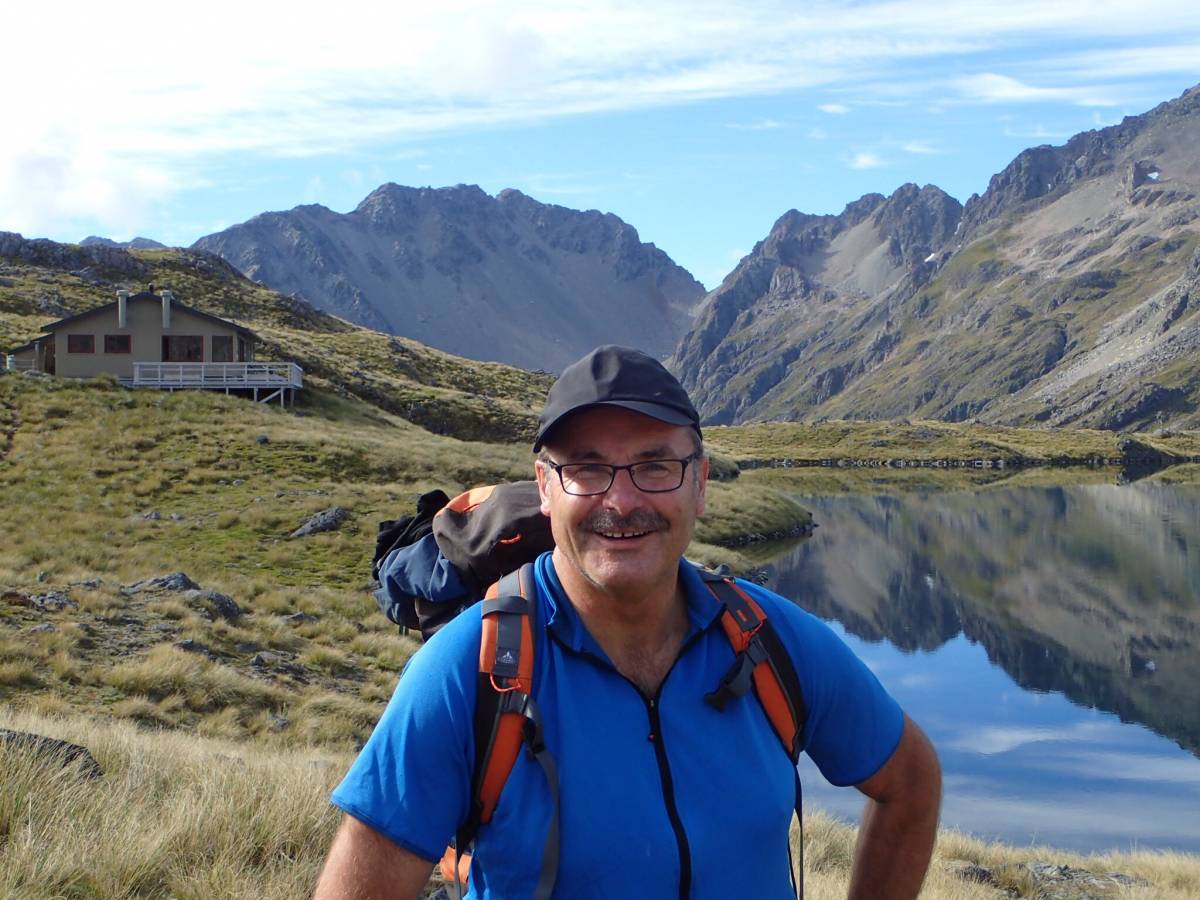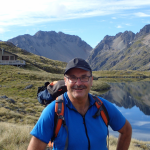It has been an inspiration to see so many people across the world unify in our fight against COVID-19 and I am very proud of my fellow New Zealanders for coming together as a country to care for each other and take vital action to save lives.
COVID-19 has had such a devastating impact on us all and we will be forever changed by it. Even before this crisis, there was much anxiety regarding our trajectory of living beyond Earth’s resources and putting too great a strain on our natural environment. This leads us to ask ourselves: where to from here?
We’ve been shown that huge changes can be made in our world, seemingly overnight. We’ve seen millions make personal sacrifices in order to protect others. How do we build on this momentum to ensure those sacrifices make the biggest impact possible for people and planet, to build a better future with nature at its heart?
For Aotearoa (New Zealand) I believe we can and must carve out a new path that resets our lives and our economy to co-exist with the natural world. To achieve this vision, we will need to think and act quite differently and we will have some substantial decisions to make for our economy, our people, our lands and our waters.
As we consider what these changes will mean for each of us, I see our IUCN whanau (family), as playing a significant leadership role for conservation in these uncertain times. IUCN provides a valuable platform for us to inspire one another and to share our recovery endeavours.
New Zealand already has some big and bold conservation undertakings including, over the next 30 years, becoming free of the most damaging introduced predators that threaten our nation’s natural taonga (treasures) through a national programme called Predator Free 2050. So how do we build on these ambitious partnerships for conservation and our country’s love for its natural heritage – a core part of our identity as Kiwis?
The New Zealand Government’s Budget 2020 (announced 14 May 2020) delivers more than 1 billion dollars to improve the environment by employing 11,000 people displaced by COVID-19.
New Zealand’s Department of Conservation, Ministry for the Environment and Ministry for Primary Industries will work with Iwi (New Zealand’s indigenous people and Crown Treaty Partner), local government and NGOs as well as landowners to identify priority environmental and conservation projects and redeploy displaced workers. This investment will see us engage in partnerships on a scale never seen before in New Zealand. The goal is to regenerate our natural environment while supporting as many businesses and individuals as possible. It provides a window of opportunity for people to find their feet as they recover from the economic impacts of COVID-19. The work programmes to benefit from this funding include: a new Jobs for Nature programme; pest control and achieving Predator Free 2050; protecting the iconic kiwi; enhancing biodiversity on public and private land; and investing in partnerships to restore native habitats including waterways and wetlands.
Though the impact of COVID-19 has been hard felt by our economy this year, this commitment signals that we have prioritised our environment as key to Aotearoa’s sustainable recovery post COVID-19.
What do I see for Aotearoa in 2030? I see a transformed country that is setting a global standard for caring for and living in balance with the natural world around us. Our communities share a common vision for New Zealand that celebrates nature as a foundation of success. We have a sustainable economy, our indigenous culture is celebrated and thriving, our lands are flourishing, our rivers, wetlands, and marine areas are recovering strongly. Every New Zealander is engaging with nature, understanding its importance to their mental and physical health, and to our future.
It is for each of us to decide how we will emerge from this pandemic. For Aotearoa, I see a nation that has come of age.
About the author

Lou Sanson was appointed as Director-General of the Department of Conservation Te Papa Atawhai in September 2013. As an IUCN Member, Lou leads New Zealand’s delegation for the IUCN World Conservation Congress. The Department of Conservation currently holds the chair for the New Zealand Committee of the IUCN.
Lou’s conservation approach emphasizes nature-based recovery and recognises the relationship between people and nature and the importance of our Māori Treaty Partner.
Prior to his appointment to the Department of Conservation, Lou served as Chief Executive of Antarctica New Zealand and was a key participant in the Antarctic Treaty System for 12 years.
Lou is a keen outdoor person, he enjoys natural history, hiking, ski-touring, diving and photography.



